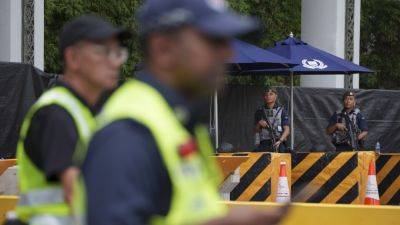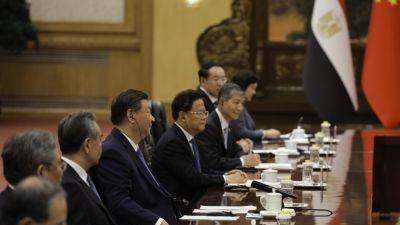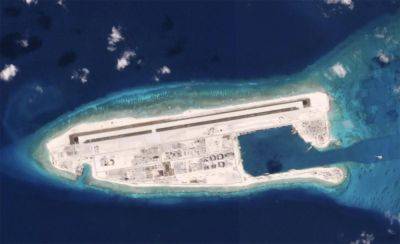Kuwait: Islamists and the end of Arab democracy
Kuwait’s unprecedented suspension of its constitution has marked the end of an era of change that started with the toppling of Iraq’s Saddam Hussein in 2003 and that was followed by the ejection of Syria’s Bashar from Lebanon in 2005. In 2011, a series of revolutions broke out and decapitated the regimes in Tunisia, Libya, Egypt and Yemen. Those revolutions came to be known as the Arab Spring.
All Arab countries that witnessed change between 2004 and 2011 saw Islamists climb the ladder of democratic election to take over government – after which in most cases they succeeded in pushing away the ladder to stay in power indefinitely and reshape the state in their image, mainly through social engineering. Tunisia and Egypt managed to escape the Islamist trap. On Friday, Kuwait, too, trounced its Islamists – and with them its parliamentary system.
After the US led Kuwait’s liberation from Saddam Hussein’s army, in 1991, the Sabah family transformed the country from an emirate to a state. The social contract was renegotiated, and a hybrid system emerged that allowed for a free press and the democratic election of the National Assembly but kept the last word for the emir. Kuwait came close to being a constitutional monarchy.
For a myriad of reasons, the Kuwaiti democracy meant endless bickering and a paralyzing stalemate, forcing the emir to dissolve the National Assembly and call for early elections at an unusually high frequency, sometimes twice a year. Every time Kuwait elected its representatives and formed a cabinet, the gridlock returned.
Kuwait has among the largest oil reserves in the world. With a population of a million or so, it was expected to compete with Dubai and Abu Dhabi in terms of growth and attraction. Yet,







